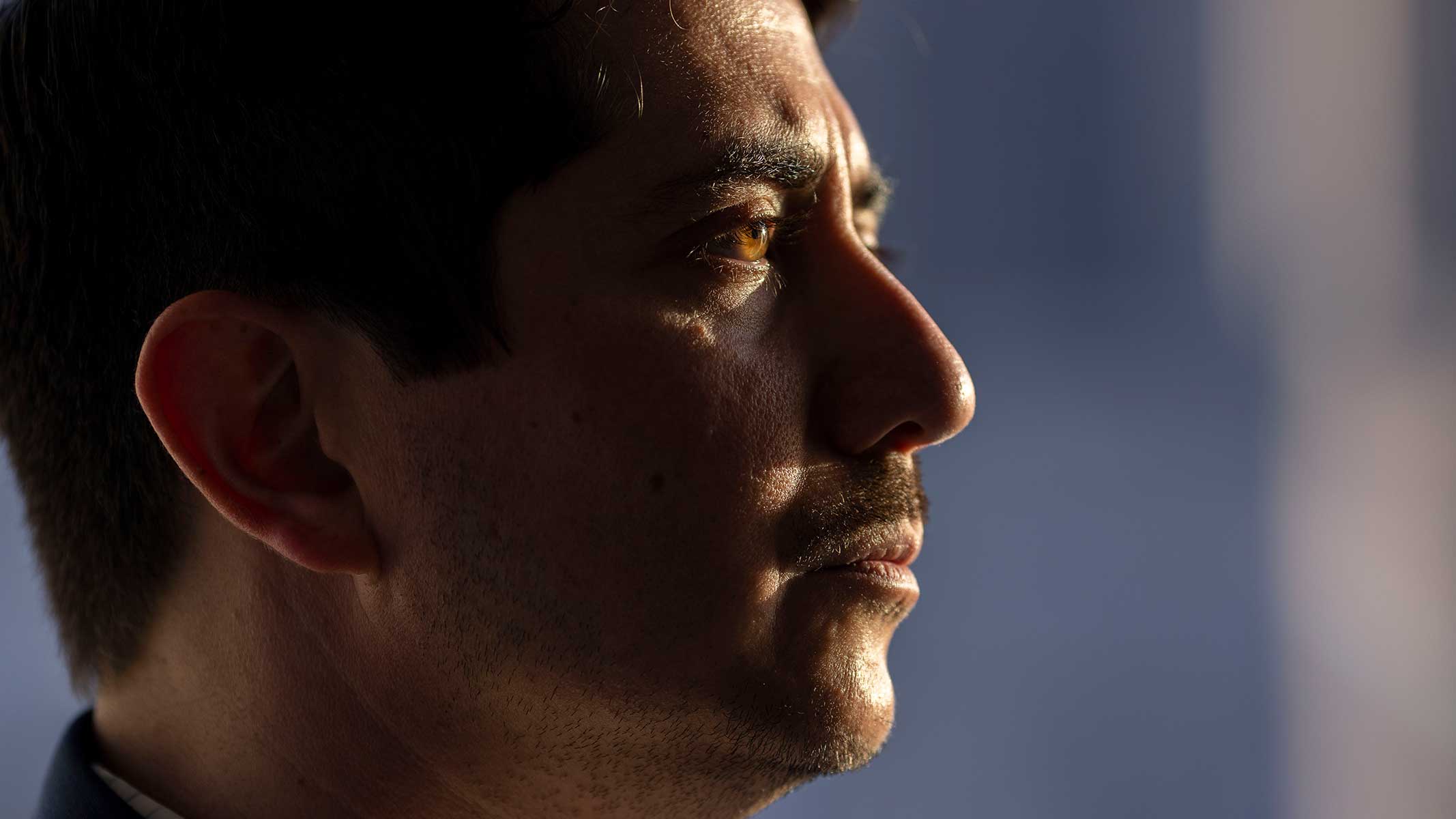
American voters experimented with progressive district attorneys, saw crime increase, and then rejected these soft-on-crime prosecutors. Their political defenestration was a coast-to-coast phenomenon: Chesa Boudin in San Francisco, George Gascón in Los Angeles, Mike Schmidt in Portland, Pamela Price in Oakland, Beth McCann in Denver, Kim Foxx in Chicago, Kimberly Gardner in St. Louis, Marilyn Mosby in Baltimore—the list keeps growing.
Unsurprisingly, crime is coming down in some of the places opting out of progressive non-prosecution. But a few holdouts remain. One of the most prominent is in typically law-and-order Texas: José Garza, the Travis County district attorney whose jurisdiction includes Austin.
Garza has a record much like those of other progressive prosecutors who promised to remake the criminal-justice system. A proud member of the Democratic Socialists of America, he originally ran for office with the backing of billionaire George Soros. Garza had zero experience as a prosecutor or manager, having served only as an assistant public defender. He made the usual commitments not to prosecute criminals and to target the police with aggressive charges instead. Though he was forced to drop 17 indictments against police officers, the damage was done: the cops distrusted Garza, and Austin started falling apart.
Garza’s most recent failure has prosecutors around Texas scratching their heads. In 2023, Garza had charged Dekatur Dalon Richey with murder. The trial was set to begin, with the jury seated and sworn in, when it was revealed that Garza’s prosecution team had failed to turn over exculpatory evidence, so-called Brady material. This is one of a prosecutor’s most basic duties, understood even by first-year law students.
The omission forced Garza’s office to dismiss the case late last month. Because the jury was already sworn in, the U.S. Constitution’s Double Jeopardy clause prevents the defendant from ever again being charged or tried for this murder. Garza’s incompetence in running the Travis County district attorney’s office thus gave a free pass to an alleged murderer.
This was not Austin’s first experience with Garza’s ineptitude. In Texas, a defendant charged with a felony must be indicted within 90 days or be automatically released on bond. This is hardly an onerous requirement—federal prosecutors must indict a defendant within 30 days after an arrest. Yet in 2024, Garza’s office missed the 90-day deadline 263 times. This means that some relatively low-level, first-time offenders were locked up but never charged, meaning they had effectively been jailed for no reason—circumstances exasperating even to Garza’s progressive supporters.
The general public, though, was likely far more concerned that Garza’s failure to issue timely indictments resulted in violent criminals getting released from jail. In one case, a defendant charged with aggravated assault was automatically freed on bond after 90 days and went on to commit a murder. In another, a murder defendant—alleged to have killed a man because he suspected the victim was cooperating with the police—was not indicted within 90 days and ended up getting released on a $100 bond.
What was Garza’s response? He claimed that his office was suffering from “management challenges.” Translation: more potential murderers freed by Garza’s incompetence or apathy.
Texas has arguably become the beating heart of the modern United States. Families are flocking to the state for new jobs, low taxes, and opportunities to thrive, often fleeing progressive states like California. Companies are migrating to the Lone Star State for its business-friendly culture and large supply of both skilled and unskilled workers. Texas politicians can rightly claim that theirs is a great state in which to live, work, and raise a family.
Austin, too, was once a jewel of a city. But even great cities occasionally flirt with their own destruction, learning the hard way how a few bad electoral choices can lead to ruin. Just ask San Francisco, Portland, Chicago, or even New York. The eyes of Texas are on Austin—and hoping for better things.
Photo by Spencer Selvidge for The Washington Post via Getty Images
City Journal is a publication of the Manhattan Institute for Policy Research (MI), a leading free-market think tank. Are you interested in supporting the magazine? As a 501(c)(3) nonprofit, donations in support of MI and City Journal are fully tax-deductible as provided by law (EIN #13-2912529).

















